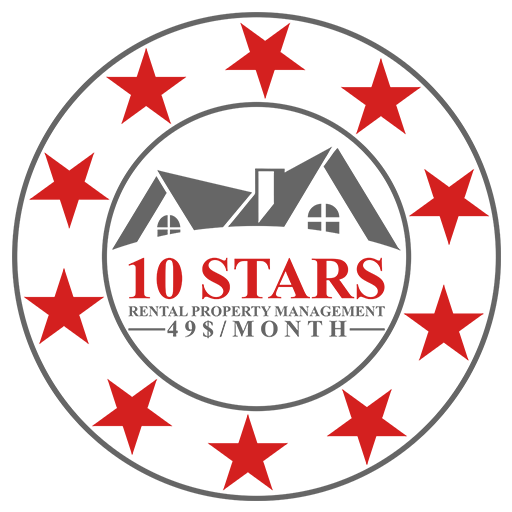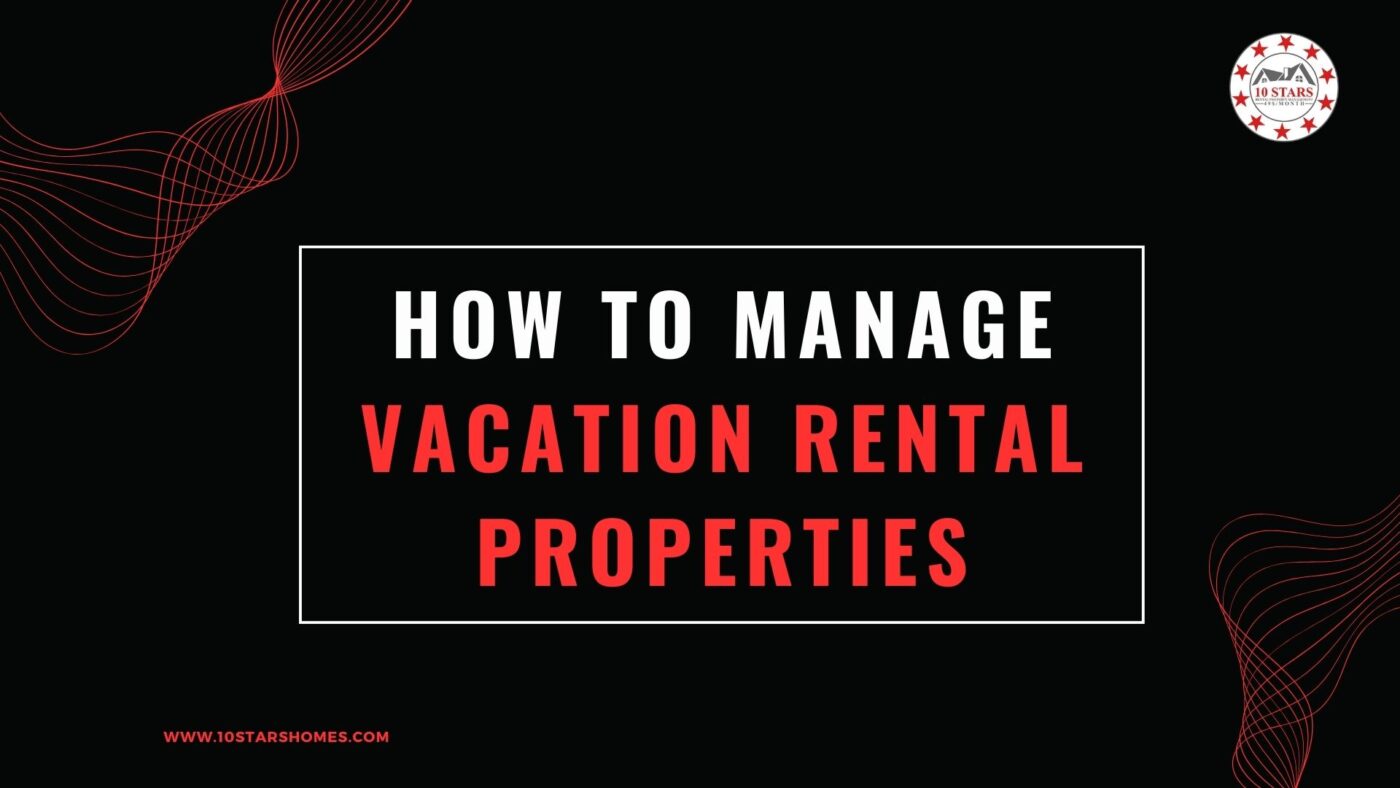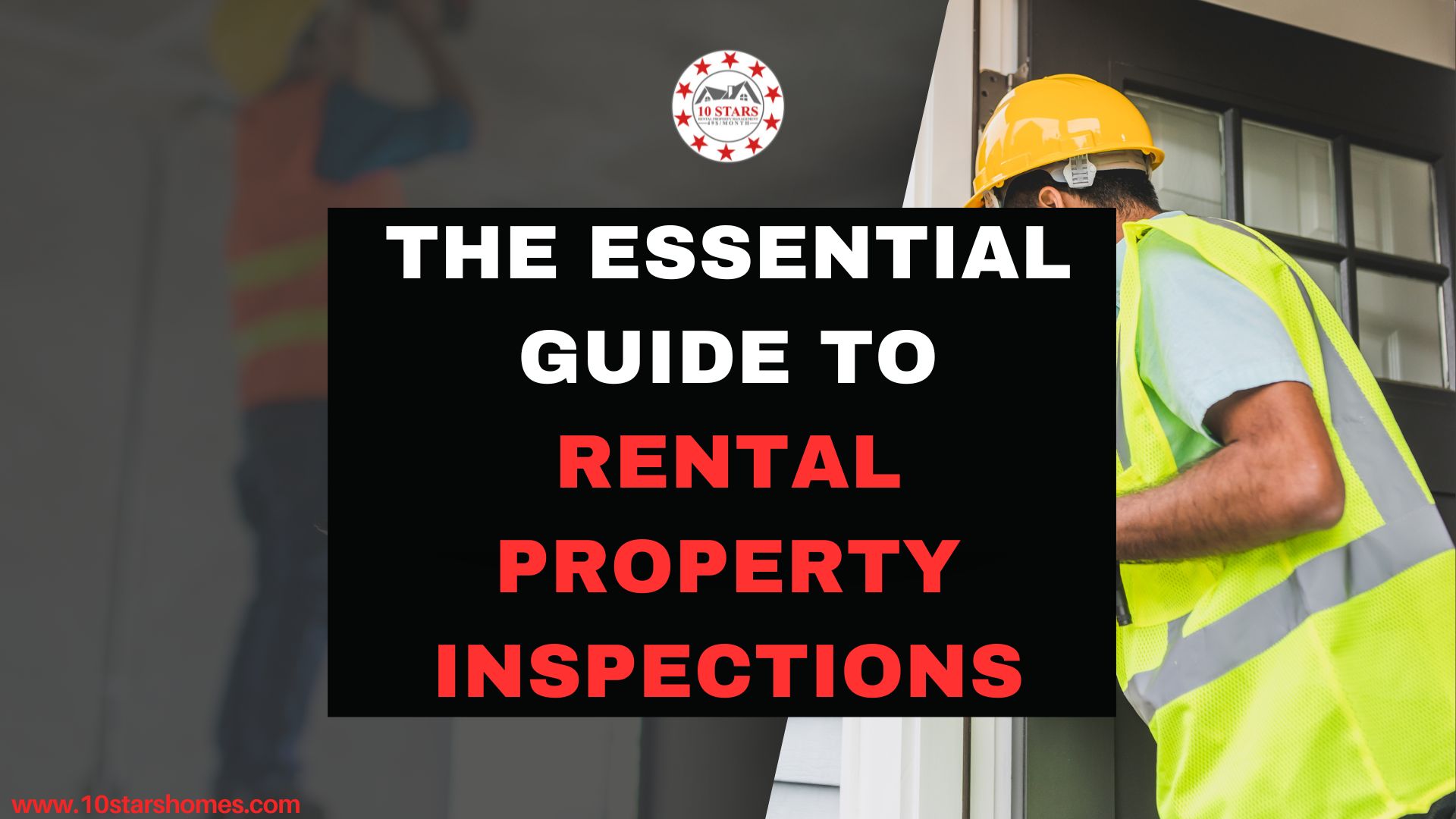Owning and managing vacation rental properties can be a lucrative and rewarding venture, offering a unique opportunity to generate income while providing travelers with comfortable and memorable accommodations. However, successful vacation rental management requires more than just listing your property on a platform and waiting for bookings to roll in. To thrive in this competitive industry, you must adopt a strategic and proactive approach. In this comprehensive guide, we will explore the key steps and best practices for managing vacation rental properties effectively.
1. Setting Up Your Vacation Rental Property
a. Choosing the Right Location
The success of your vacation rental property begins with selecting an attractive location. Consider factors such as proximity to popular tourist destinations, accessibility, and local amenities. Research the competition in the area and identify what sets your property apart.
b. Preparing the Property for Guests
Your property should be clean, well-maintained, and equipped with essential amenities. Invest in quality furniture, linens, and appliances. Consider the needs and preferences of your target guests, whether it’s families, couples, or business travelers.
c. Legal and Regulatory Considerations
Familiarize yourself with local zoning laws, building codes, and any short-term rental regulations. Ensure your property complies with safety standards, and consider insurance options to protect your investment.
2. Creating a Compelling Listing
a. High-Quality Photos and Descriptions
Invest in professional photography to showcase your property’s best features. Write a detailed and engaging property description highlighting key amenities, nearby attractions, and unique selling points.
b. Pricing Strategy
Research comparable properties in your area and adjust your pricing accordingly. Consider seasonal variations, local events, and demand fluctuations. Dynamic pricing tools can help optimize your rates.
c. Rental Rules and Policies
Clearly define your rental rules and policies regarding check-in/check-out times, minimum stays, pet policies, and house rules. Transparency builds trust with guests and reduces misunderstandings.
3. Marketing Your Vacation Rental
a. Online Listing Platforms
Utilize popular vacation rental platforms like Airbnb, Vrbo, and Booking.com to reach a broad audience. Optimize your listings by using relevant keywords, updating availability calendars, and responding promptly to inquiries.
b. Social Media and Digital Marketing
Create a strong online presence through social media channels and a dedicated website. Share engaging content, guest testimonials, and local insights to attract potential guests.
c. Guest Reviews and Reputation Management
Encourage satisfied guests to leave positive reviews, as these can significantly impact your property’s visibility and credibility. Respond promptly to reviews, both positive and negative, to demonstrate your commitment to guest satisfaction.
4. Guest Communication and Booking Management
a. Prompt and Professional Responses
Respond to inquiries and booking requests promptly, ideally within a few hours. Clear and friendly communication can help secure bookings and build positive guest relationships.
b. Booking Platforms and Channel Management
Use booking management tools or channel managers to sync your availability across multiple platforms. This prevents overbooking and ensures efficient management.
c. Managing Inquiries and Reservations
Keep organized records of reservations and inquiries. Provide guests with detailed information about their stay, including check-in procedures and contact details for emergencies.
5. Property Maintenance and Housekeeping
a. Regular Maintenance Checks
Conduct regular inspections to identify and address maintenance issues promptly. This includes checking for leaks, malfunctioning appliances, and wear and tear.
b. Cleaning and Housekeeping Services
Schedule regular cleaning and housekeeping services to maintain a high standard of cleanliness and presentation. Ensure that your cleaning staff follows specific checklists for consistency.
c. Restocking Essentials
Keep your property well-stocked with essentials like toiletries, cleaning supplies, and kitchen basics. Guests appreciate these thoughtful touches.
6. Guest Check-In and Check-Out
a. Key Exchange Options
Offer convenient key exchange options, such as keyless entry systems or lockboxes. Provide clear instructions for a smooth check-in process.
b. Welcome Guide and Instructions
Prepare a welcome guide with essential information about the property, local attractions, emergency contacts, and any special instructions. Make it accessible both in print and digitally.
c. Collecting Feedback
Encourage guests to provide feedback on their stay. Use this information to improve your property and services continuously.
7. Handling Guest Issues and Emergencies
a. 24/7 Support
Provide guests with a 24/7 contact for emergencies or urgent inquiries. This builds trust and ensures that guests feel secure during their stay.
b. Addressing Complaints and Resolving Problems
Act swiftly to address guest complaints or issues. Maintain professionalism and empathy while resolving disputes to minimize negative reviews.
c. Emergency Contacts
Compile a list of local emergency contacts, including medical facilities, police, and repair services, for guests’ reference.
8. Finances and Accounting
a. Pricing Strategies and Revenue Management
Continuously assess your pricing strategy based on market trends and demand. Keep detailed financial records to track income and expenses.
b. Managing Expenses
Keep a budget for property-related expenses, including maintenance, utilities, and marketing costs. Monitor expenses closely to maintain profitability.
c. Taxes and Reporting
Understand tax obligations related to vacation rentals in your area. Consider consulting with a tax professional to ensure compliance and optimize deductions.
9. Scaling Your Vacation Rental Business
a. Expanding Your Portfolio
If you’re interested in growing your vacation rental portfolio, consider acquiring additional properties in appealing locations. Conduct thorough market research to identify areas with high demand and growth potential. Ensure that you can effectively manage and maintain these properties before expanding further.
b. Hiring Property Management Services
As your vacation rental business grows, you may find it challenging to handle all aspects of management on your own. Consider outsourcing tasks like cleaning, maintenance, and guest communication to professional property management companies. This can free up your time and ensure consistent service quality.
c. Streamlining Operations
Implement efficient processes and systems to streamline your vacation rental operations. Utilize property management software that can help with tasks like booking management, calendar syncing, and financial tracking. Automation can significantly reduce your workload and minimize the risk of errors.
10. Staying Informed and Adapting to Market Trends
a. Industry Updates
Stay informed about the vacation rental industry by reading industry news, attending conferences, and joining relevant associations. Understanding market trends and changes can help you make informed decisions and stay competitive.
b. Technology and Automation
Embrace technology and automation tools that can enhance your property management. This includes smart home devices for security and convenience, as well as software for managing bookings and finances.
c. Sustainability and Eco-Friendly Practices
Consider adopting eco-friendly practices in your vacation rental, such as energy-efficient appliances, recycling programs, and reducing single-use plastics. Eco-conscious travelers often seek out environmentally responsible accommodations.
11. Conclusion
a. Recap of Key Points
Managing vacation rental properties successfully requires careful planning, attention to detail, and a commitment to providing excellent guest experiences. Key aspects include property preparation, effective marketing, guest communication, maintenance, and financial management.
b. The Future of Vacation Rental Management
The vacation rental industry is dynamic and evolving, with new technologies and trends emerging regularly. To remain competitive, continue learning and adapting to meet the changing demands and expectations of travelers.
In conclusion, managing vacation rental properties is a multifaceted endeavor that demands dedication and a strategic approach. By following the steps and best practices outlined in this comprehensive guide, you can maximize the potential of your vacation rental business while ensuring memorable experiences for your guests. Whether you’re just starting or looking to expand your portfolio, effective management will be the key to your success in this thriving industry.





